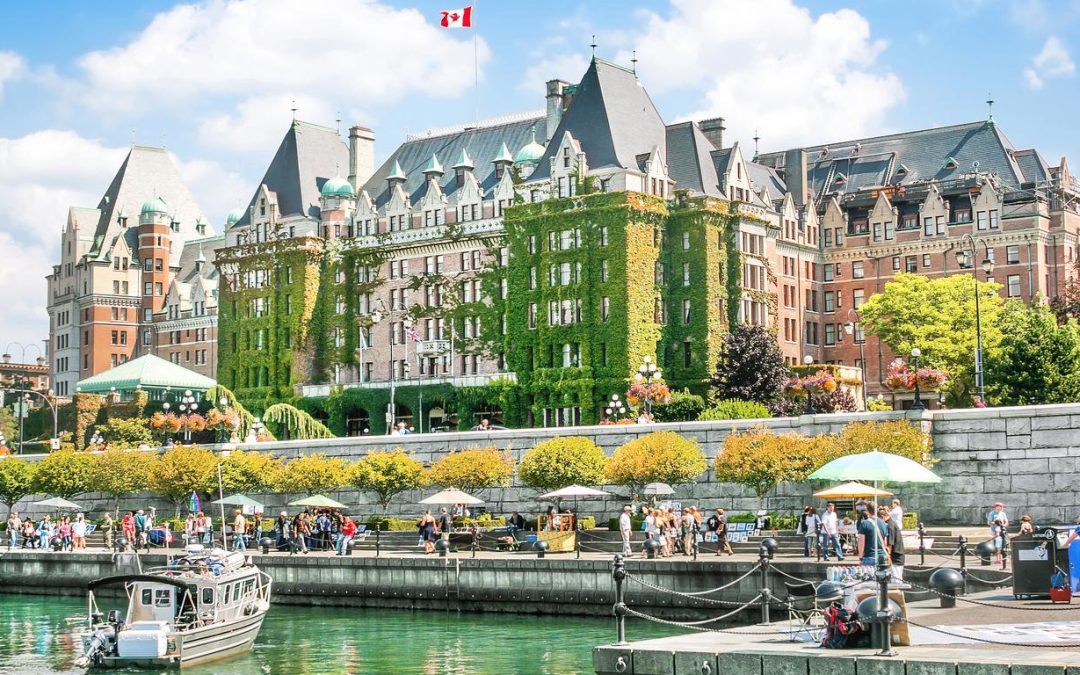magic shrooms dispensary victoria – Victoria’s Fungi Frontier: Unpacking the “Magic Mushroom” Dispensary Phenomenon
magic shrooms dispensary victoria , Victoria, British Columbia, has long been a hub for progressive thinking, and its relationship with cannabis prior to federal legalization set a compelling precedent. Now, a new “grey market” is emerging, one that mirrors the early days of cannabis: the rise of “magic mushroom” dispensaries.
For locals and visitors alike, the question is a complicated one: What is the deal with magic mushroom dispensaries in Victoria? Are they legal? And what does their presence signal for the future of psychedelics in Canada?
Here’s a look at the current landscape.
magic shrooms dispensary victoria – The Legal Reality: Illegal, Yet Openly Operating
Let’s start with the most critical point: The sale and possession of psilocybin—the psychoactive compound in “magic mushrooms”—remains illegal in Canada.
Under the federal Controlled Drugs and Substances Act (CDSA), psilocybin is classified as a Schedule III controlled substance. This means, as a matter of federal law, storefronts selling these products to the general public are unauthorized and operate outside the legal framework.
- No Municipal or Provincial Authority: Unlike cannabis, which has a regulated path for retail sales in BC, there are no municipal (City of Victoria) or provincial regulations that allow for the commercial sale of psilocybin.
- A “Grey Market” Parallel: The situation is a near-perfect echo of the pre-legalization cannabis era. Dispensaries operate in a legal vacuum, relying on uneven enforcement and a public push for drug policy reform.
- The Vancouver Precedent: Just across the water, Vancouver has seen an increase in these storefronts, with ongoing legal battles that highlight the ambiguity. While a business licence can be issued for a general store, that licence does not override the federal prohibition on selling controlled substances.
– The Medical Context: Where Exceptions Exist
The only legal avenues for accessing psilocybin in Canada are highly restricted and almost exclusively medical:
- Clinical Trials: Access for approved research purposes.
- Special Access Program (SAP): Health Canada can authorize the use of psilocybin for patients with serious or life-threatening conditions (like end-of-life distress or treatment-resistant depression) when other treatments have failed.
- Ministerial Exemption: Individuals can apply to the Minister of Health for a personal exemption from the CDSA to possess and use psilocybin for medical purposes.
Interestingly, Victoria is home to organizations like TheraPsil, a non-profit group that has been instrumental in advocating for and helping patients legally access psilocybin exemptions for therapeutic use. This local activism has kept the spotlight on the medical potential of the substance, even as recreational sales remain firmly illegal.
magic shrooms dispensary victoria – Why Are They Open? The Push for Reform
If these dispensaries are illegal, why are they able to open and operate? The answer is a mix of social advocacy and shifting priorities in law enforcement.
- Decriminalization Efforts: The open operation of these stores is often a deliberate act of civil disobedience aimed at forcing a change in federal drug policy, similar to the tactics used by cannabis activists a decade ago.
- Enforcement Focus: Police departments, including those in the Greater Victoria area, often prioritize resources toward organized crime and substances with higher immediate public safety risks. The presence of these storefronts begs the question of whether criminal law is the best tool for dealing with psilocybin.
- Public Acceptance: British Columbia, particularly the capital region, is a progressive area with a significant number of people who support the medical or even recreational use of psychedelics, fostering an environment where these businesses can exist without overwhelming public backlash.
The Future of Magic Mushrooms in Victoria
magic shrooms dispensary victoria , The trajectory for psilocybin is a fascinating one. While immediate, widespread recreational legalization seems unlikely, the conversation is undoubtedly moving forward.
The continued presence of grey-market dispensaries in BC’s major cities—including Victoria—will continue to pressure federal authorities to consider a regulatory framework. Advocates argue that regulating sales would ensure product safety, control access to minors, and generate tax revenue, lessons learned directly from the legalization of cannabis.
For now, anyone who chooses to purchase products from a “magic mushroom” dispensary in Victoria should be aware that they are participating in an unregulated, federally illegal market. While the cultural climate in BC seems permissive, the legal risk, however low in practice, remains.
Victoria’s fungi frontier is open for business, but only time will tell if this grey market path will lead to a new era of psychedelic regulation.

